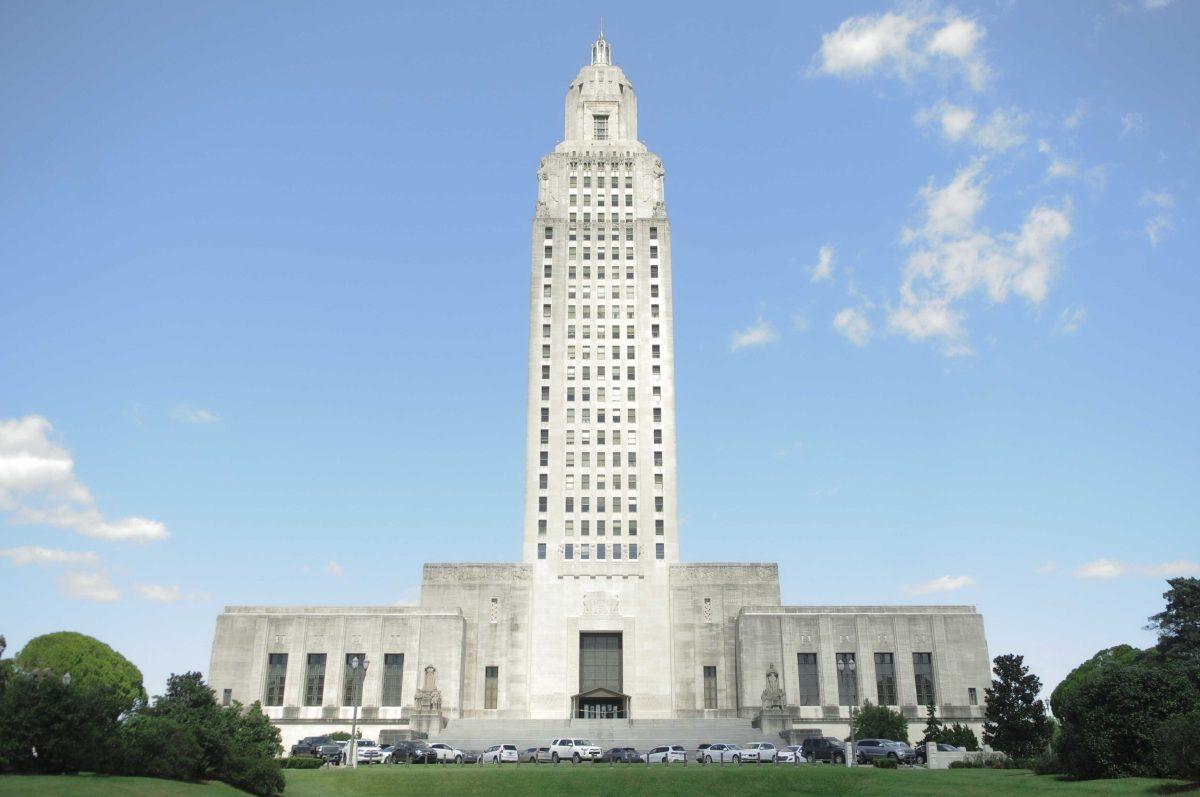Louisiana legislators convened a month-long special session on Sept. 27 to address issues they feel have been put on the backburner due to COVID-19 and Gov. John Bel Edwards’ emergency powers.
The 70-item agenda includes bills for hurricane relief, the unemployment trust fund and most prominently, the state’s COVID-19 regulations.
Legislators are concerned about the authority the governor has exercised throughout the COVID-19 pandemic, noting that emergency powers were never meant to be exercised months on end. Louisiana is one of the few states that does not require legislative approval to extend a state of emergency beyond 15 or 30 days.
“Our laws were never written for an emergency that would last six months. It has vested an incredible amount of power with the governor, which in a hurricane situation is exactly how you want it to be, a single decision maker. But an epidemic that goes on like this forever, seemingly, you have time to have input for more voices,” said Sen. Sharon Hewitt.
Hewitt said her district has been hit hard by mental health cases and other issues the governor has not addressed, and she has been unable to make changes herself.
“As legislators, we feel helpless,” Hewitt said.
Rep. Troy Romero believes the governor has overstepped his position by removing elected officials from the discussion about COVID-19.
“We have to stand up to the governor. We’re going to put some good legislation forward to level the playing field so that we can come to the table before he makes those decisions,” Romero said.
Romero explained that, just like the governor, senators and representatives are elected by the citizens to exercise authority in the government on their behalf. Edwards has not allowed them to do so, effectively changing the democratic process in the state.
“I represent 42,000 people in my district. And I feel like my hands are tied when it comes to COVID,” Romero said.
Some legislators, such as Rep. Beryl Amadee, have said that the COVID-19 numbers the state reports are not necessarily accurate. Romero agreed, saying the governor has not been transparent with the data he sees.
“We’ve done studies ourselves, and the numbers we’ve gathered are not the same,” Romero said. “We’ve been asking for the numbers that the governor sees for a few weeks, and we cannot get those numbers from anybody. We can’t see what he sees.”
Romero said that, in the legislators eyes, many of Edwards’ policy decisions don’t make sense.
“If he wants to do a mask mandate, or put stipulations on football or businesses, then we want to know the facts behind it,” Romero said. “If there are facts behind it, then maybe we can get on board. But I can’t get on board when it’s not shared with us.”
Due to the state-wide lockdown and continued restrictions, new issues are arising that parish representatives are not able to properly handle.
“There are other issues that the governor does not address that need to be addressed,” Romero said. “Mental health, physical health, child abuse, abortion rates, the use of drugs, obesity, spousal abuse–those things are not being addressed by the governor. Those numbers are rising while COVID numbers are going down.”
Rep. Tony Bacala said that over the course of the pandemic, legislative power in Louisiana has been negligible, unlike other states which make provisions for emergency situations which includes input from the legislative branch.
“As legislators, we feel like we need to have a seat at the table,” Bacala said. “Right now we’re totally excluded from any decision making process, any oversight. It’s important that as an equal branch of government we have at least some input.”
Romero and Bacala both said they would support revoking the statewide mask mandate but would like to see more data from the governor regarding the policy.
The special session will likely result in changes for future emergency situations which require legislative approval for an extension beyond 15 or 30 days and more transparency and input from senators and representatives in policy decisions.
“The collective opinion of the legislature needs to be heard, and it needs to have some weight of authority under the law,” Bacala said.





